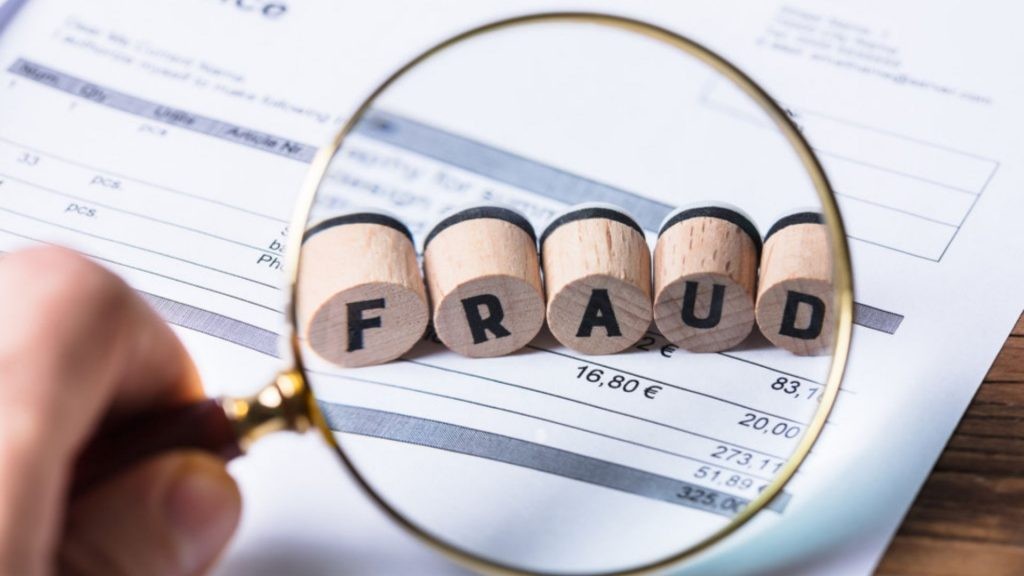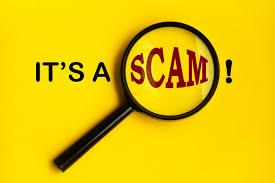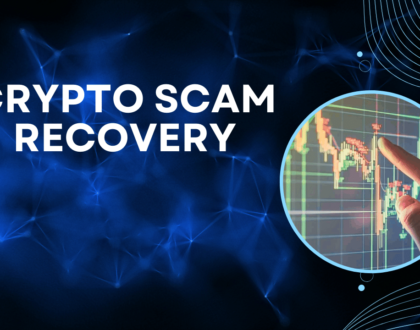
Fraud Investigation
Fraud Investigation: knowledge of the procedure and Its Implications
Fraud Investigation: It is vital to maintaining financial integrity and ensuring justice. With the upward push in fraudulent activities, information on the intricacies of fraud research is essential for businesses and individuals alike. This text will delve into what fraud investigation includes, the steps involved, and the consequences in case you discover yourself below investigation.
What is meant by Fraud Investigation?
Fraud investigation refers back to the method of detecting and studying fraudulent sports. This generally entails monetary crimes like embezzlement, insurance fraud, and identification theft. The goal is to discover deceitful practices and acquire evidence to guide the prison movement against the perpetrators. Fraud investigators use diverse strategies, including forensic accounting, virtual forensics, and witness interviews, to piece together the puzzle of fraudulent schemes.
What are the steps to research Fraud?
Initial assessment:
The research begins with a preliminary evaluation to determine whether fraud has happened. This includes accumulating initial information and know-how about the scope of the capacity fraud.
Making plans:
A detailed investigation plan is developed. This includes identifying key employees, determining the investigation’s scope, and outlining the strategies for use.
Evidence collection:
Investigators gather relevant proof, including financial records, digital records, and physical files. This step often includes interviewing witnesses and suspects.
Analysis:
The amassed proof is analyzed to identify patterns, discrepancies, and any indicators of the fraudulent hobby. Forensic accountants may be concerned about scrutinizing financial records at this level.
Reporting:
Once the analysis is complete, investigators collect and put their findings into a full document. This record details the proof, techniques, and conclusions drawn.
Legal motion:
If enough proof is discovered, felony court cases can be initiated. Depending on the nature of the fraud, this may involve criminal fees, civil complaints, or regulatory actions.
What happens if you Get Investigated for Fraud?
It may be stressful and challenging to enjoy if you are conducting research for fraud. Right here’s what commonly takes place:
Notification:
You will be officially notified of the research. This could come from regulation enforcement, a regulatory frame, or your employer.
Interviews and questions:
You may be required to participate in interviews and answer questions associated with the investigation. It is vital to cooperate and seek criminal counsel to protect your rights.
Proof exam:
Investigators will scrutinize your monetary data, communications, and relevant files. They may also interview colleagues, customers, and related events.
Legal effects:
You may face legal consequences if the investigation reveals sufficient proof of fraud. These can range from fines and restitution to imprisonment and reputational harm.
Protecting yourself from Fraud Allegations
Maintain correct records:
Keeping particular and accurate statistics can help defend you from fake allegations.
Implement internal Controls:
For businesses, having strong inner controls can prevent fraudulent activities and guard against allegations.
Are you trying to find legal advice?
In case you are below investigation, seeking a spark off felony recommendation is important to navigate the system’s complexities.
Conclusion:
Fraud research is a meticulous process designed to discover and cope with fraudulent activities. Understanding what fraud investigation entails and the steps involved assists you in better preparing for and responding to such conditions. Cooperation and criminal suggestions are paramount to protecting your rights and pursuits if you are under investigation.
By staying informed and vigilant, you can help protect yourself and your company from fraud’s damaging outcomes.



